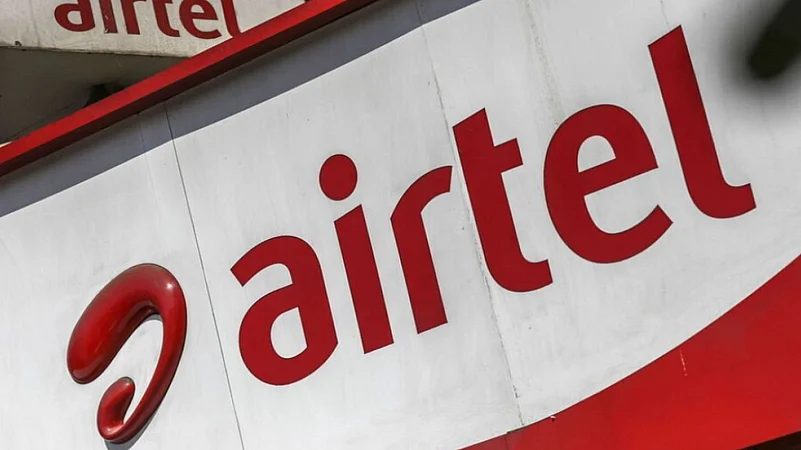Telecom operator Bharti Airtel may take lead in hiking mobile call and services rates this year as it looks to increase average revenue per user to Rs 200, a top official of the company said.
Airtel was the first telecom player to raise mobile services rates in the range of 18 to 25 per cent in November 2021.
The average revenue per user (ARPU), an indicator of a telco's profitability, of Airtel was at Rs 163 in October-December 2021, down 2.2 per cent year-on-year.
"I do expect a tariff hike sometime in 2022. I don't think it's going to happen in the next 3-4 months because the SIM consolidation and growth needs to come back but I do expect another round of tariff increase. Of course, it got to be determined by the competitors' dynamics. We would not hesitate to lead just as we have done in the recent past," Bharti Airtel MD and CEO for India and South Asia Gopal Vittal said.
He was responding to an analyst's question during the company's earnings call.
Bharti Airtel on Tuesday reported a 2.8 per cent decline in its consolidated net profit to Rs 830 crore in the third quarter ended December 31, 2021, compared to Rs 854 crore in the same period a year ago.
The consolidated revenue of Bharti Airtel increased by 12.6 per cent to Rs 29,867 crore during the reported quarter from Rs 26,518 crore in the December 2020 quarter.
"We hope that the APRU of the industry, our APRU gets to Rs 200 soon preferably in 2022 itself then roughly settles soon after in the next few years to Rs 300 which is the modest and good level of ARPU which can then turn return on capital of 15 per cent," Vittal said.
4G customers of Bharti Airtel in India grew by 18.1 per cent y-o-y to 19.5 crore in December 2021 quarter from 16.56 crore in December 2020 quarter.
The data usage per customer on the Bharti Airtel India network in India grew 11.7 per cent to 18.28 gigabytes from 16.37 GB a year ago.
Vittal said that the company will use USD 300 million (about Rs 2,250 crore) for supporting device up-gradation, network and cloud business. One of the big levers is device up-gradation, the second is a network and the third is the cloud.
"The big opportunity for us is to upgrade from feature phone to smartphone. We have developed several capabilities. Software features will enable us to lock a phone on the fly if an EMI is not paid. There are platforms that we are working with to actually lend into devices in order to bring down the unit price of the device," Vittal said.
He said that the software can enable the company to offer targeted cashback and discounts.
"We will be aggressive at driving upgrades. At the same time, we will do it sensibly. Getting into a subsidy kind of game is not a great idea in a market like India, actually in any market. We do see a significant increase in ARPU when people move from features to smartphone. In the longer term, this up-gradation is essential. As a consequence, we will use this (Google) corpus as well as our capability to drive these upgradations." Vittal said.































